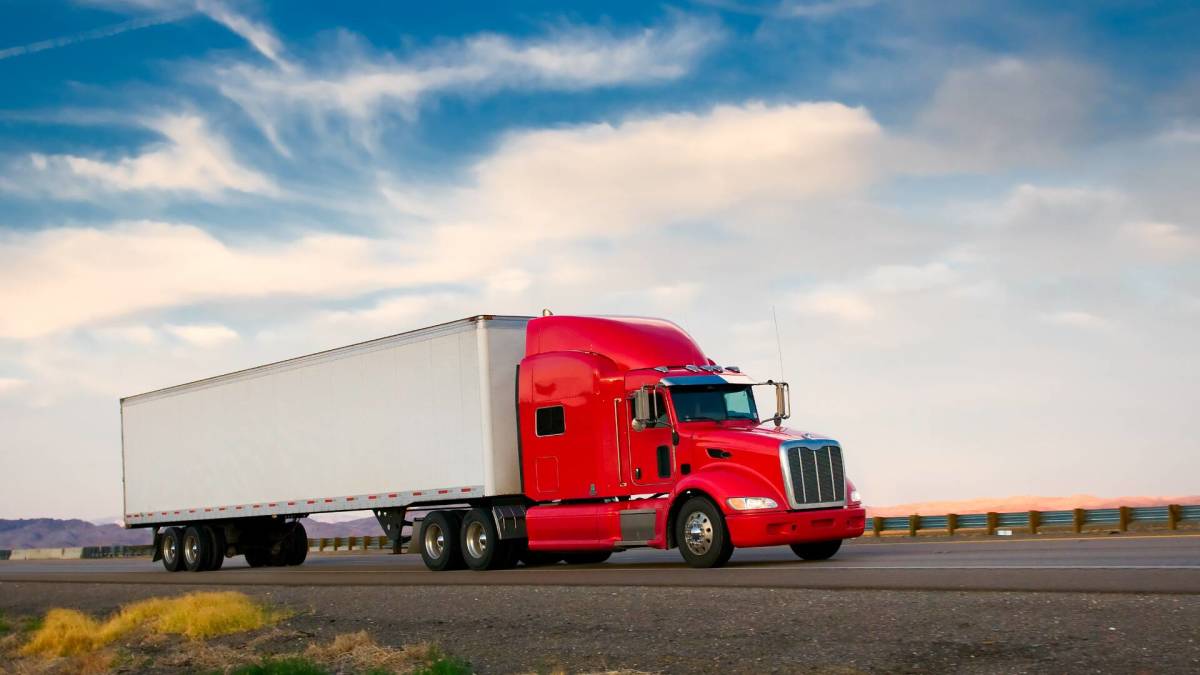
The U.S. logistics industry has been battling with financial distress this year with companies filing for Chapter 7 bankruptcy to liquidate, Chapter 11 reorganization, downsizing operations or just shutting down operations.
In some cases, lawsuits can force companies to file bankruptcy to impose an automatic stay against any legal actions while the bankruptcy commences. J.J. & Sons Logistics of Clint, Texas, on Jan. 22 filed Chapter 7 liquidation the U.S. Bankruptcy Court for the Western District of Texas to avoid litigation and a possible expensive judgment. The company filed bankruptcy four days before the scheduled start of a trial for a wrongful death lawsuit filed by the family of a former company truck driver who had died from drowning in 2016.
Related: Taco Bell, Chipotle rival files Chapter 11 bankruptcy
Sometimes, a Chapter 11 bankruptcy filing gives a company breathing room to reorganize and get back on its feet. Nationwide Cargo Inc., a general freight trucking company that also hauls fresh produce and meat, filed for Chapter 11 bankruptcy on March 13 in the U.S. Bankruptcy Court for the Northern District of Illinois to reorganize its business.
The East Dundee, Ill., shipping company, which operates with 183 trucks and 171 drivers, said funds will not be available to pay unsecured creditors.
Shipping company shuts down subsidiaries
And then there's Universal Logistics Holdings (ULH) which has decided to permanently close two of its subsidiaries and lay off 677 employees without filing for bankruptcy, notices filed with the State of Michigan said.
The Warren, Mich., company's subsidiary Universal Dedicated of Detroit will close and lay off 230 truck drivers, while Logistics Insights Corp. will shutter and lay off 447 workers. Universal Logistics gave no reason for shutting down the two subsidiaries.
Finally, California Intermodal Associates, a family-owned trucking company and brokerage, has shut down its operations, but has not decided whether to file bankruptcy.
CEO Gabriel Chaul told The Street that he has hired lawyers to advise him on his next steps, which could include a Chapter 11 or Chapter 7 bankruptcy, but no decision has been made yet. The company owes as much as $1.8 million to a lender, Chaul said.
"We're still exploring all the possibilities," Chaul said in a phone interview.

Shutterstock
California law forces trucking company to shutter
The Commerce, Calif.-based shipping company provides intermodal services with its port and rail divisions, as well as warehousing facilities. The company, founded 25 years ago, employed 30 drivers, but it was the company's forced conversion from using independent contractors to employee drivers in 2022 that led to the company's financial distress and eventual demise.
California Assembly Bill 5, which became law Jan. 1, 2020, required certain businesses, such as trucking companies, to classify workers as employees instead of independent contractors, costing businesses much higher expenses. Chaul blames the AB5 law for forcing his company out of business.
Chaul said his company began complying with the law in summer 2022, but as soon as his company began complying with the law, its expenses began rising, it's rates increased 25% to 30% over the competition and customers stopped doing business with them.
"The phone stopped ringing," Chaul said.
California Intermodal Associates also has found it impossible to compete with many trucking companies since a lot of them are not complying with the AB5 law and the state government is not enforcing the law, Chaul said.
"Other trucking company owners are afraid because they didn't do what we did to stay compliant," Chaul said.
Chaul began the company with his father 25 years ago and it has expanded in partnership with his brother, nephews, nieces and other family members.







